| Author: | Isaac Newton | ISBN: | 1230000576307 |
| Publisher: | RSM | Publication: | July 28, 2015 |
| Imprint: | Language: | English |
| Author: | Isaac Newton |
| ISBN: | 1230000576307 |
| Publisher: | RSM |
| Publication: | July 28, 2015 |
| Imprint: | |
| Language: | English |
The Egyptians were early observers of the heavens; and from them, probably, this philosophy was spread abroad among other nations; for from them it was, and the nations about them, that the Greeks, a people of themselves more addicted to the study of philology than of nature, derived their first, as well as soundest, notions of philosophy ; and in the vestal ceremonies we may yet trace the ancient spirit of the Egyptians; for it was their way to deliver their mysteries, that is, their philosophy of things above the vulgar way of thinking, under the veil of religious rites and hieroglyphic symbols.
It was the ancient opinion of not a few, in the earliest ages of philosophy, that the fixed stars stood immoveable in the highest parts of the world; that, under the fixed stars the planets were carried about the sun; that the earth, us one of the planets, described an annual course about the sun, while by a diurnal motion it was in the mean time revolved about its own axis; and that the sun, as the common fire which served to warm the whole, was fixed in the centre of the universe.
This was the philosophy taught of old by Philolaus, Aristarchus of Samos, Plato in his riper years, and the whole sect of the Pythagoreans; and this was the judgment of Anaximander, more ancient than any of them; and of that wise king of the Romans, Numa Pompilius, who, as a symbol of the figure of the world with the sun in the centre, erected a temple in honour of Vesta, of a round form, and ordained perpetual fire to be kept in the middle of it.
The Egyptians were early observers of the heavens; and from them, probably, this philosophy was spread abroad among other nations; for from them it was, and the nations about them, that the Greeks, a people of themselves more addicted to the study of philology than of nature, derived their first, as well as soundest, notions of philosophy ; and in the vestal ceremonies we may yet trace the ancient spirit of the Egyptians; for it was their way to deliver their mysteries, that is, their philosophy of things above the vulgar way of thinking, under the veil of religious rites and hieroglyphic symbols.
It was the ancient opinion of not a few, in the earliest ages of philosophy, that the fixed stars stood immoveable in the highest parts of the world; that, under the fixed stars the planets were carried about the sun; that the earth, us one of the planets, described an annual course about the sun, while by a diurnal motion it was in the mean time revolved about its own axis; and that the sun, as the common fire which served to warm the whole, was fixed in the centre of the universe.
This was the philosophy taught of old by Philolaus, Aristarchus of Samos, Plato in his riper years, and the whole sect of the Pythagoreans; and this was the judgment of Anaximander, more ancient than any of them; and of that wise king of the Romans, Numa Pompilius, who, as a symbol of the figure of the world with the sun in the centre, erected a temple in honour of Vesta, of a round form, and ordained perpetual fire to be kept in the middle of it.
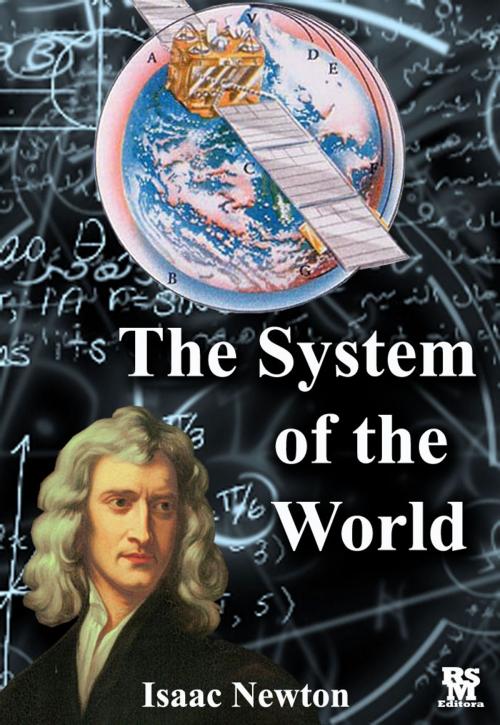


![Cover of the book Relíquias da Casa Velha [Índice Ativo] by Isaac Newton](https://www.kuoky.com/images/2015/november/300x300/1230000778404-meaw_300x.jpg)
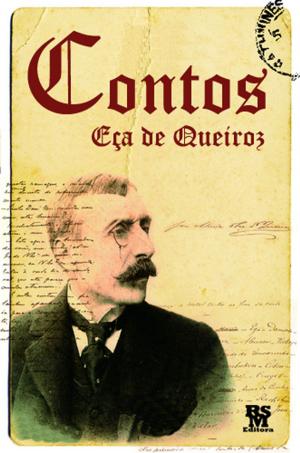
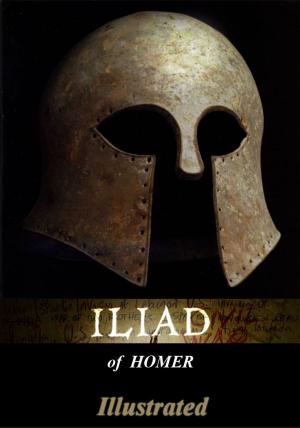


![Cover of the book Os Lusíadas [ Com nota e Índice Ativo] by Isaac Newton](https://www.kuoky.com/images/2016/february/300x300/1230000969444-ettE_300x.jpg)
![Cover of the book Contos Picantes [Índice Ativo] by Isaac Newton](https://www.kuoky.com/images/2015/october/300x300/1230000729383-IxnI_300x.jpg)
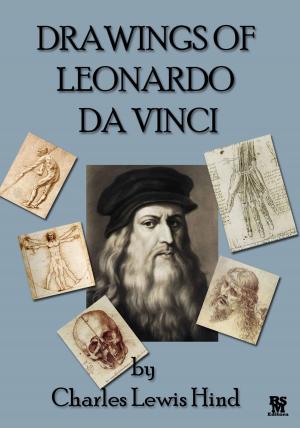
![Cover of the book Quran [Active Content] by Isaac Newton](https://www.kuoky.com/images/2015/october/300x300/1230000729468-SMpf_300x.jpg)
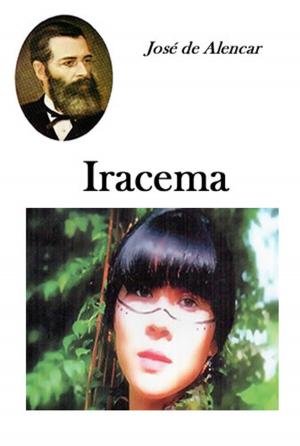


![Cover of the book A Viuvinha [Índice Ativo] by Isaac Newton](https://www.kuoky.com/images/2015/december/300x300/1230000833677-PL23_300x.jpg)